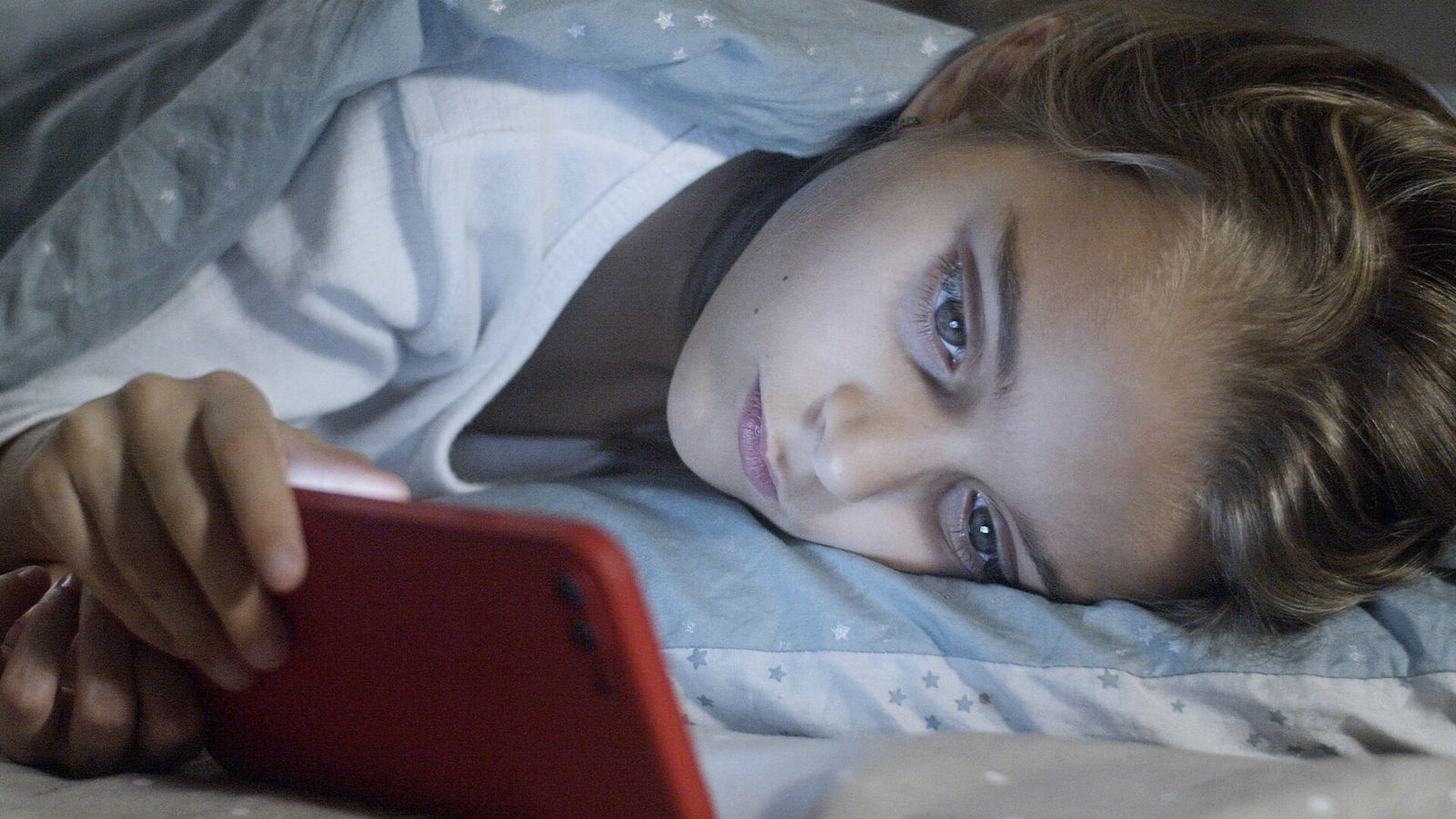
By Kayla DeKraker
As the dangers of children online continue to grow, several laws are in the works to protect minors from the harms that come with the internet and social media.
The Kids Online Safety Act would restrict children’s access on social media and require companies to take “reasonable steps to prevent harm.” The bill was first introduced by Republican Senator Ted Cruz of Texas and Democratic Senator Brian Schatz of Hawaii.
The Kids Online Safety Act would also use an interesting age verification method that would judge how old a user is by the content they engage with. This may protect children pretending to be older, but on the other hand, it might unnecessarily restrict older users.
“The guessing is going to be, in some measure, inaccurate,” said Kate Ruane, director of the Free Expression Project at the Center for Democracy and Technology. “And even if that measure is like by percentages, very small, that’s still millions of people, lots of people who are going to be misjudged.”
Fear regarding how the bill would impact freedom of speech has put it at a standstill for now.
Related: 5 Essential iPhone Safety Tips Every Parent Needs to Know
However, Congress recently approved the TAKE IT DOWN Act, which is now heading to President Donald Trump’s desk.
Cruz also introduced this bill, along with Democratic Senator Amy Klobuchar from Minnesota. It penalizes the sharing of nonconsensual explicit images, including AI deepfakes. With this act, companies must remove the material “within 48 hours of notice.”
A deepfake is an artificial video that looks real. Most are pornographic in nature. The Guardian explained that “The AI firm Deeptrace found 15,000 deepfake videos online in September 2019, a near doubling over nine months. A staggering 96% were pornographic and 99% of those mapped faces from female celebrities on to porn stars.”
A 14-year-old girl and her mother’s battle with Snapchat to remove an explicit deepfake of the girl inspired Cruz to head up the bill.
Meta has its signaled support.
Andy Stone, a spokesperson for Meta, said, “Having an intimate image — real or AI-generated — shared without consent can be devastating and Meta developed and backs many efforts to help prevent it.”
Senator Klobuchar spoke on the bill’s passing, saying, “We must provide victims of online abuse with the legal protections they need when intimate images are shared without their consent, especially now that deepfakes are creating horrifying new opportunities for abuse.”
She also noted that this material “can ruin lives and reputations” and that “victims will be able to have this material removed from social media platforms and law enforcement can hold perpetrators accountable.”
There is still much work to be done when it comes to child safety online, but the development of these new laws is a positive step in the right direction.
Read Next: Meta Takes Another Step to Protect Children Online
Questions or comments? Please write to us here.


 - Content:
- Content: 

